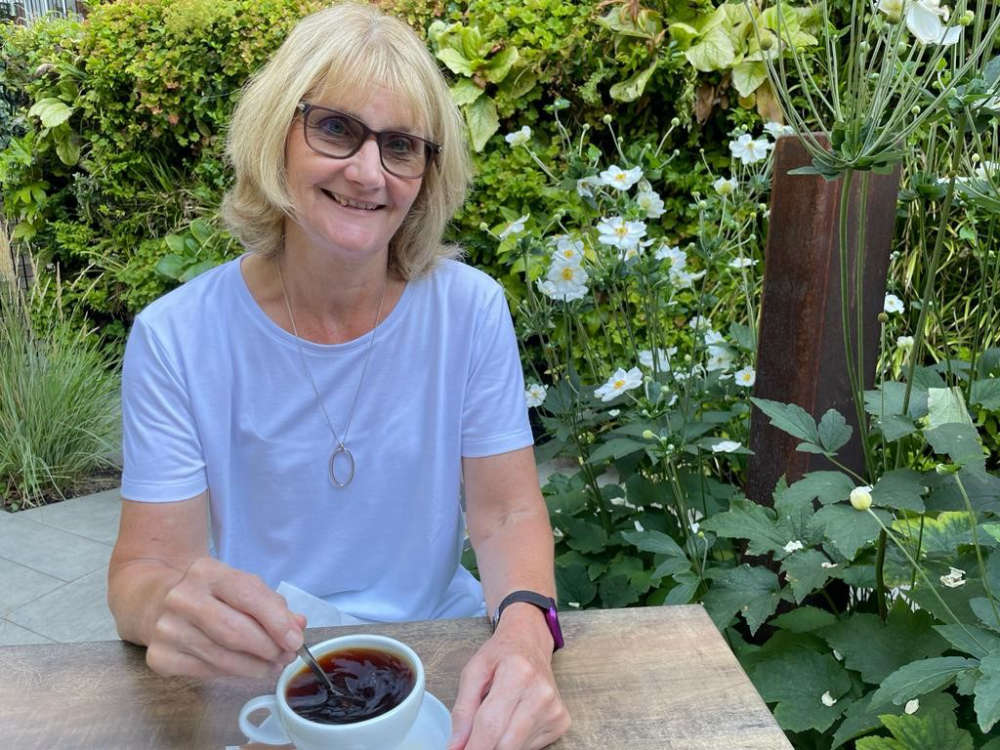
This Cancer Prevention Action Week (17–23 February 2025), NHS Sussex is emphasising the importance of screening and early detection in saving lives.
As part of its commitment to improving cancer outcomes, NHS Sussex is celebrating progress in screening programmes and urging everyone to take up their screening invitations when offered, as early detection can be life-saving.
One of the focuses this week is the first-ever national NHS breast screening awareness campaign, aimed at increasing attendance for mammograms. If 80% of eligible women participated in breast screening next year, over 7,500 additional breast cancers could be detected earlier, making treatment more effective.
Julie, from Ardingly, shares her experience of breast screening and encourages others to take up their invitations:
"When my first invite arrived in the post, I was very anxious. You hear stories of how painful the scan is, and probably there is an element of embarrassment too. I was also worried about being in a cold van during the winter months.
“However, my experiences have been very positive, from dealing with the booking officer to the radiographer. I had to change my allocated appointment due to work commitments and was given many alternative options to choose one suitable.
“The appointment itself went very smoothly. I was welcomed into the warm unit by the receptionist, checked in, and directed to a cubicle where I had to remove my upper garments, including my bra, replacing one layer and waiting until called for my scan.
“The radiographer was very pleasant and made me feel quite at ease. The whole experience took six minutes, was slightly uncomfortable but not painful, and could save my life.
“I know of several people who have had cancer detected following a routine scan and have received the necessary treatment. Taking this small amount of time out of their day saved their lives.
“I would certainly encourage my daughters and friends to go and get scanned without any hesitation. It could save their life!"
Emma, also from Ardingly, reinforces the importance of attending screenings:
"I would encourage everyone offered a mammogram to take it. The whole process is very quick, roughly about 10 minutes in total, and most of that is getting undressed and dressed again, especially in the winter.
“The actual mammogram is briefly mildly uncomfortable, but the staff are so friendly, professional, and quick that it is momentary. My second screening mammogram picked up the very first stage of cancer, and I was immediately recalled and treated quickly at Worthing. I cannot praise the whole breast screening service highly enough."
Cancer Prevention Action Week also serves as a reminder that lifestyle changes and screening can significantly reduce cancer risks.
Currently, around 1,100 people are diagnosed with cancer every day in the UK, but research suggests that 40% of cases could be prevented through early detection and healthy choices.
NHS Sussex has made significant strides in lung cancer screening since the introduction of lung health checks in summer 2022.
To date, 61,181 invitations have been sent to 55 to 75-year-olds who have ever smoked, leading to 36,937 lung health checks being completed.
Additionally, 18,152 CT scans have been performed, leading to 154 lung cancer diagnoses, with 76.6% of cases detected at an early stage. These figures highlight the importance of attending screening when invited, as it can lead to early diagnosis and timely treatment.
For Ian Needham, 71, a retired nursery practitioner from Brighton, an unexpected letter in October 2023 invited him to a lung health check at a mobile CT scanner in a supermarket car park. A non-smoker for over 25 years, Ian decided to attend despite having quit long ago.
“It was a simple process,” he says. “I just took the bus there and thought it was worth doing, just to be sure.”
Ian strongly encourages others to take up screening invitations, recognising the life-changing impact of early detection.
“If I hadn’t gone, I might not have known about the cancer for years, and by then it could have been too late.
"The surgery wasn’t easy, but knowing it could save my life was everything. I’d say to anyone, ‘If you get the chance, go for the scan. It’s worth it.’”
NHS Sussex is also making strides in early-stage liver cancer detection through the Community Liver Health Checks Pilot. Since June 2022, over 3,300 fibroscans have been carried out in community settings. Of these, 360 scans indicated a high risk of cirrhosis, requiring monitoring due to the potential progression to liver cancer. The success of this pilot has secured an additional three years of NHS England funding.
NHS Sussex remains focused on ensuring early cancer diagnoses and timely treatment. Plans for 2025/26 include achieving an 80% target for the Faster Diagnosis Standard, ensuring at least 75% of patients begin treatment within 62 days of an urgent referral by March 2026, and expanding the use of FIT tests in lower GI pathways and teledermatology for suspected skin cancer cases to streamline diagnosis.
James Ramsay, Chief Medical Officer for NHS Sussex, underscores the importance of screening:
“This Cancer Prevention Action Week, we want to remind people of the crucial role screening plays in saving lives.
“Whether it’s through breast screening, lung health checks, or liver health checks, these programmes are designed to detect cancer early, when treatment is most effective.
"We strongly encourage everyone to take up their screening invitations and seek medical advice if they have concerns about symptoms.”
For more information on cancer screening programmes and advice on symptoms to look out for, visit the NHS website.

 Prolific Worthing Shoplifter Convicted Following Latest Crime Spree
Prolific Worthing Shoplifter Convicted Following Latest Crime Spree
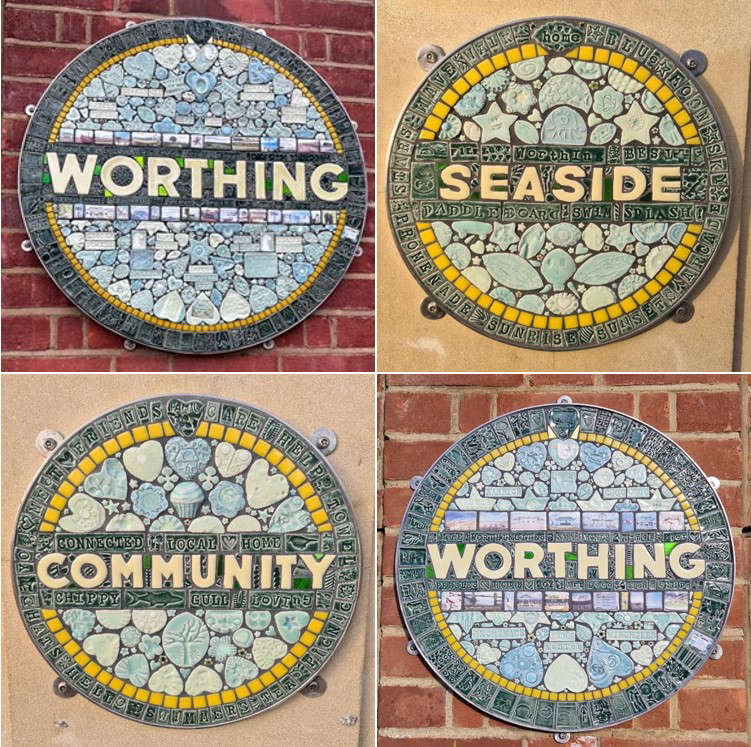 West Sussex County Council supports community art project for Worthing railway station approach
West Sussex County Council supports community art project for Worthing railway station approach
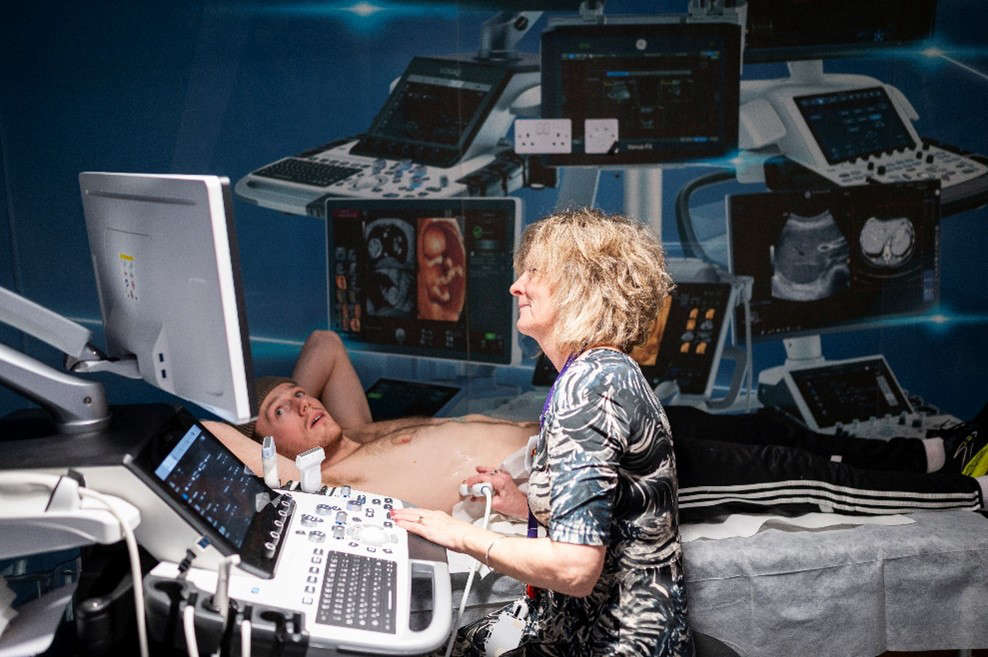 Brighton And Haywards Heath Hospitals Set To Benefit From Major AI Investment
Brighton And Haywards Heath Hospitals Set To Benefit From Major AI Investment
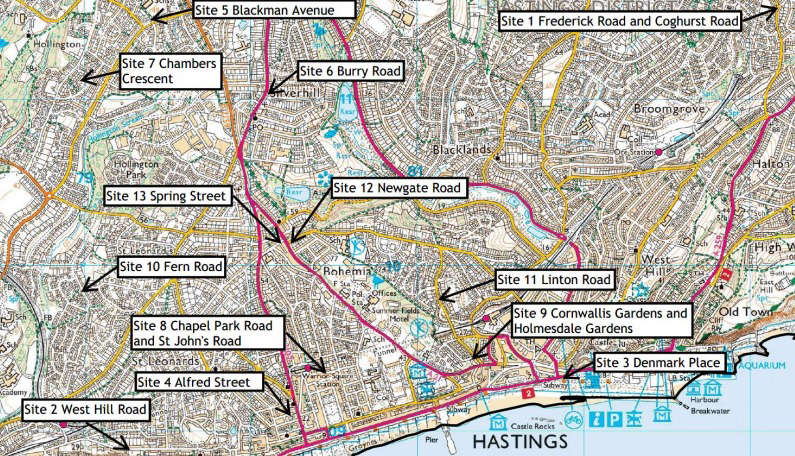 Hastings And St Leonards Councillors Agree New Parking Restrictions
Hastings And St Leonards Councillors Agree New Parking Restrictions
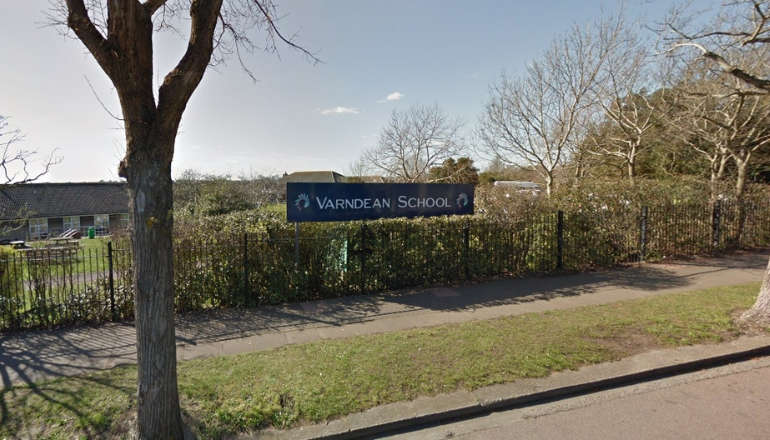 Brighton And Hove Parent Support Group Disappointed By Final Proposals
Brighton And Hove Parent Support Group Disappointed By Final Proposals
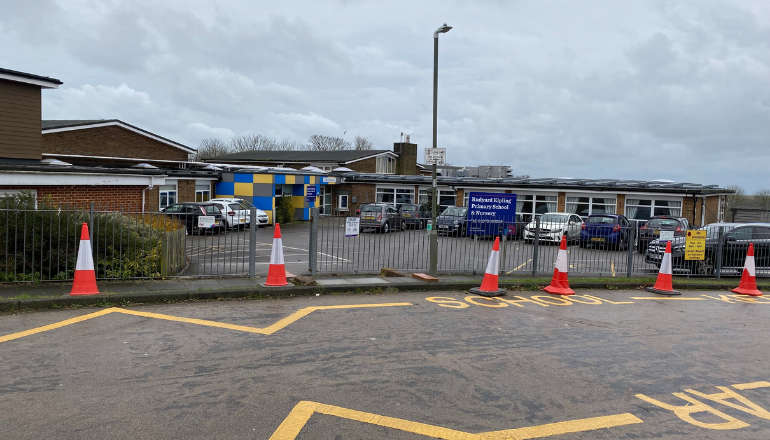 Popular Brighton And Hove Primary School Head Pleased By Increase In Admissions
Popular Brighton And Hove Primary School Head Pleased By Increase In Admissions
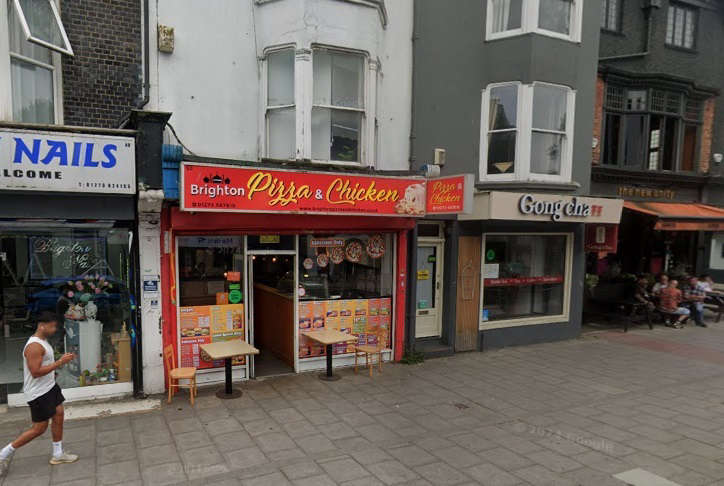 Brighton Takeaway Granted Late-Night Refreshment Licence Despite Objections
Brighton Takeaway Granted Late-Night Refreshment Licence Despite Objections
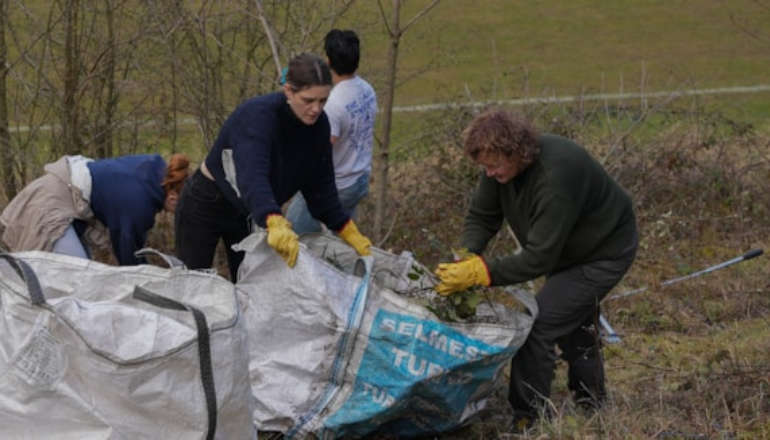 University Of Brighton And Sussex Wildlife Trust Unite To Protect Chalk Grassland
University Of Brighton And Sussex Wildlife Trust Unite To Protect Chalk Grassland
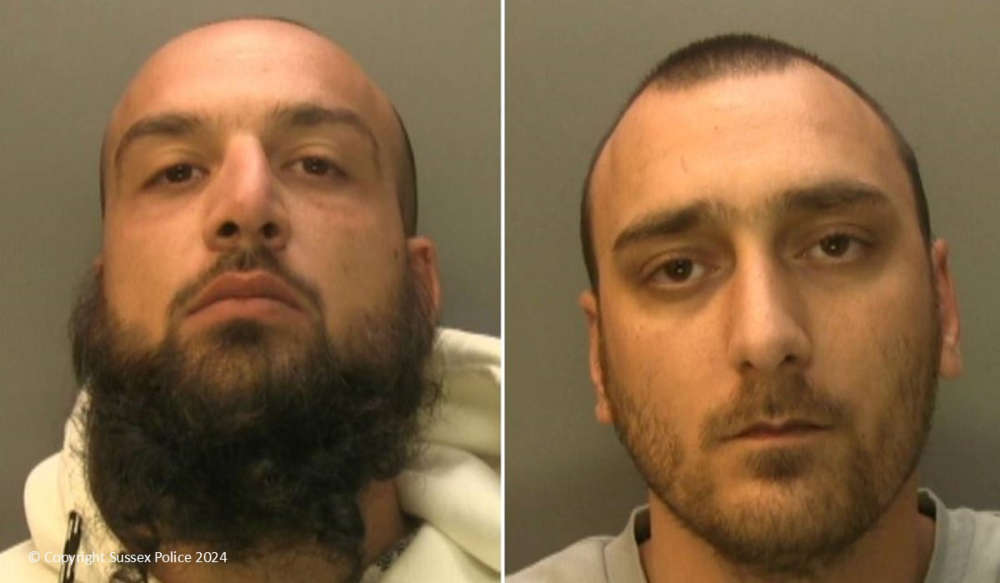 20 Years Jail For Drug-Dealers Linked To EncroChat Operation
20 Years Jail For Drug-Dealers Linked To EncroChat Operation
 Appeal After Burglary In Kingston Near Lewes
Appeal After Burglary In Kingston Near Lewes
Comments
Add a comment